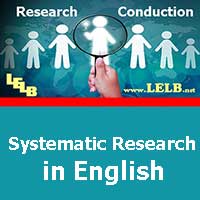Problem Statement | Research Conduction
Problem Statement Problem Statement is a crucial section of your research project. Pay attention to the principal specifications of this part of your research listed below: The Problem means a perplexing question. This is a sentence that states your goal and the main idea of your research. The problem should be clearly stated. Each word …



